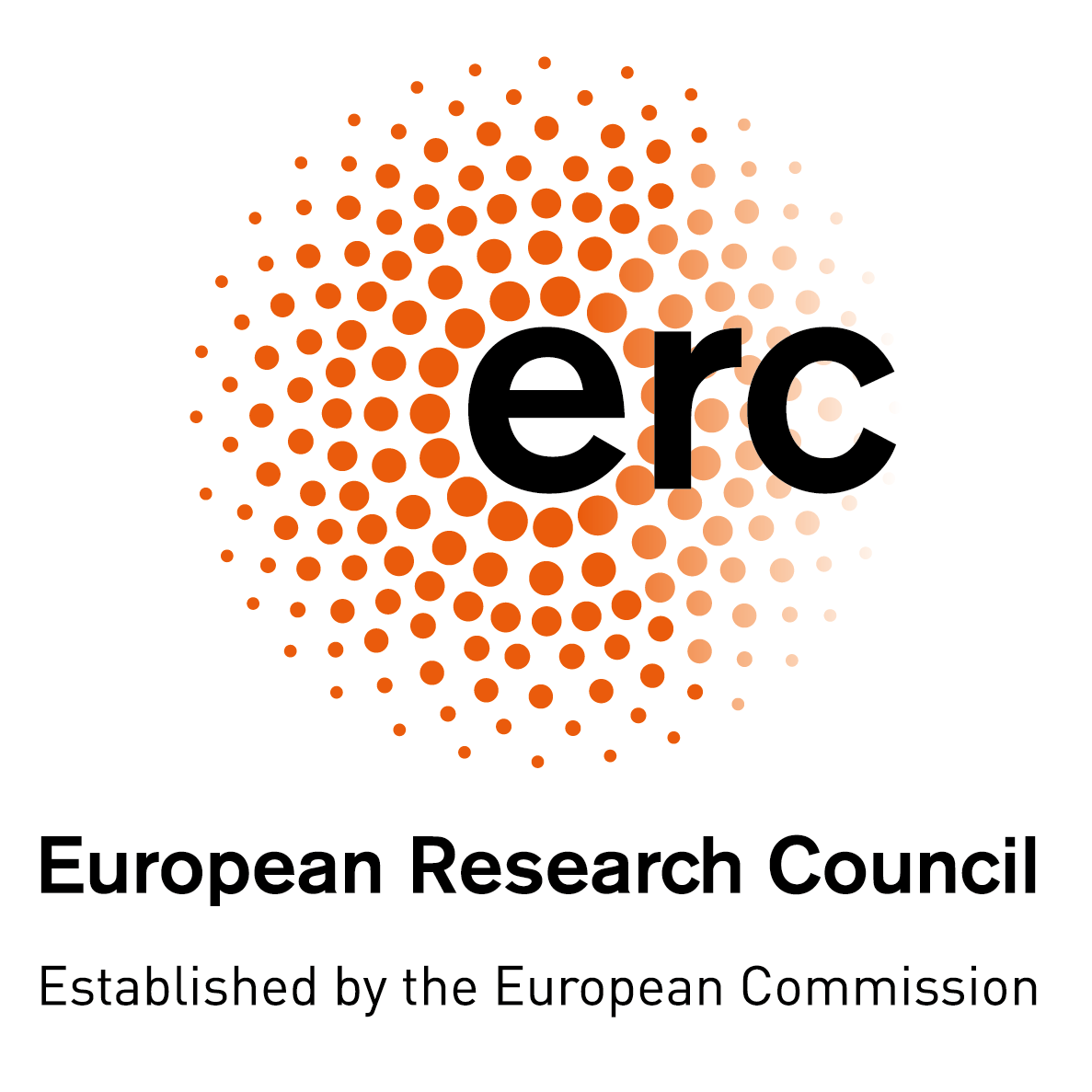May 23–24, 2022
Heidelberg University and Max Planck Institute for Legal History and Legal Theory (Online)
Conveners: Dr. Ivan Sablin and Dr. Egas Moniz Bandeira
The global imperial crisis of the early twentieth century stimulated the debates on the alternatives to dynastic or external rulership in Eurasia, from the Balkans in the West to the Dutch East Indies in the East. Together with the widely spread discourse of national independence, the ideas of federation and autonomy proved extremely popular in the imperial and colonial intellectual circles. Unlike nation-states, federations and states with autonomies allowed to resolve the crisis of sovereignty without undermining the integrity of postimperial and postcolonial economic and social spaces. Given the multiplicity and dynamics of social categories in the composite spaces of empires, it was not only ethnicity (nationality), but also religious and regional categories which were politicized and used for the justification of federal and autonomous designs. The discourses of decentralization and reintegration of economic and social spaces on new principles circulated across the existing borders, spreading across different contexts, and contributed to a variety of outcomes of the postimperial and postcolonial transformations in Eurasia.
The conference will discuss the ideas as well as the legal and political practices of diversity management after empire in the Russian Empire/the USSR, the Qing Empire/China, India, the Ottoman Empire, the Habsburg Empire, Yugoslavia, Malaysia, Indonesia, Czechoslovakia, and elsewhere. In particular, it will focus on the development of federal and autonomous projects and their justifications, on the constitutional and parliamentary approaches to federalism and autonomism, and on their practical implementation.
Monday, May 23
14:00–15:30, Session 1: Federalism in imperial and revolutionary transformations
Chair: Ayşegül Argit (Heidelberg University)
Hanna Perekhoda (University of Lausanne), The Russian Revolution and the Territorial Issue of Eastern Ukraine
Ernest Leung (Chinese University of Hong Kong) and Yan Quan (Shanghai University), To Have Your Marble Cake and Eat it Too: Chinese Constitutional Federalism, 1907–1927
Roy Bar Sadeh (Columbia University), The Indian Subcontinent as a Revolutionary Federation: ‘Ubaidullah Sindhi and “Third Way Politics” during the 1940s
16:00 –17:30, Session 2: Translating and appropriating concepts for federalism
Chair: Banu Turnaoğlu (Sabancı University)
Egas Moniz Bandeira (University of Erlangen–Nuremberg), ‘Hunan is the Hunan of the Hunanese’: Reinterpreting the Monroe Doctrine in China
Rama Mantena (University of Illinois, Chicago), Provincializing Democracy: Self-Determination and Federation in Early Twentieth-Century India
Federico Brusadelli (University of Naples ‘L'Orientale’), Translating Federalism in Republican China: A Conceptual Analysis of Chen Jiongming’s Modest Proposal for the Unification of China
Tuesday, May 24
15:00–16:30, Session 3: Federalism in nation-building
Chair: Zülâl Muşlu (University of Vienna)
Maria Falina (Dublin City University), Diversity, Tolerance and Unity: Management of religious life in interwar Yugoslavia
Ivan Sablin (Heidelberg University), Toward a Second Chamber: Diversity and Parliamentary Designs in Russia’s Imperial Transformations, 1905–1924
Tejas Parasher (University of Cambridge), Federalism, Popular Sovereignty, and the Indian Founding
17:00–18:30, Session 4: Federalism and imperial diversity management
Chair: Shuvatri Dasgupta (University of Cambridge)
Takehiro Okabe (University of Helsinki), Taming Pan-Finnism: Entangled Visions of Sovereignty and Autonomy in Finland, Estonia, and Russian/Soviet Karelia, 1905–1952
Alexander Korobeinikov (Central European University, Vienna), Between Two Empires: Siberian Regionalism, Natural Resources, and the Idea of Federation in Postimperial Yakutia
Stefan Gužvica (University of Regensburg), Internationalism Through Nationalism: The Balkan Communist Federation and Nation-Building



